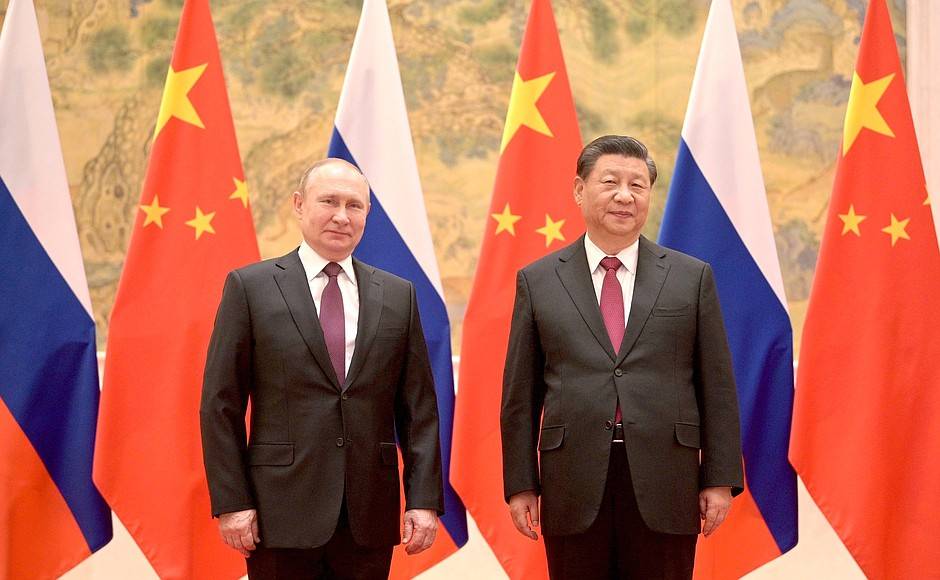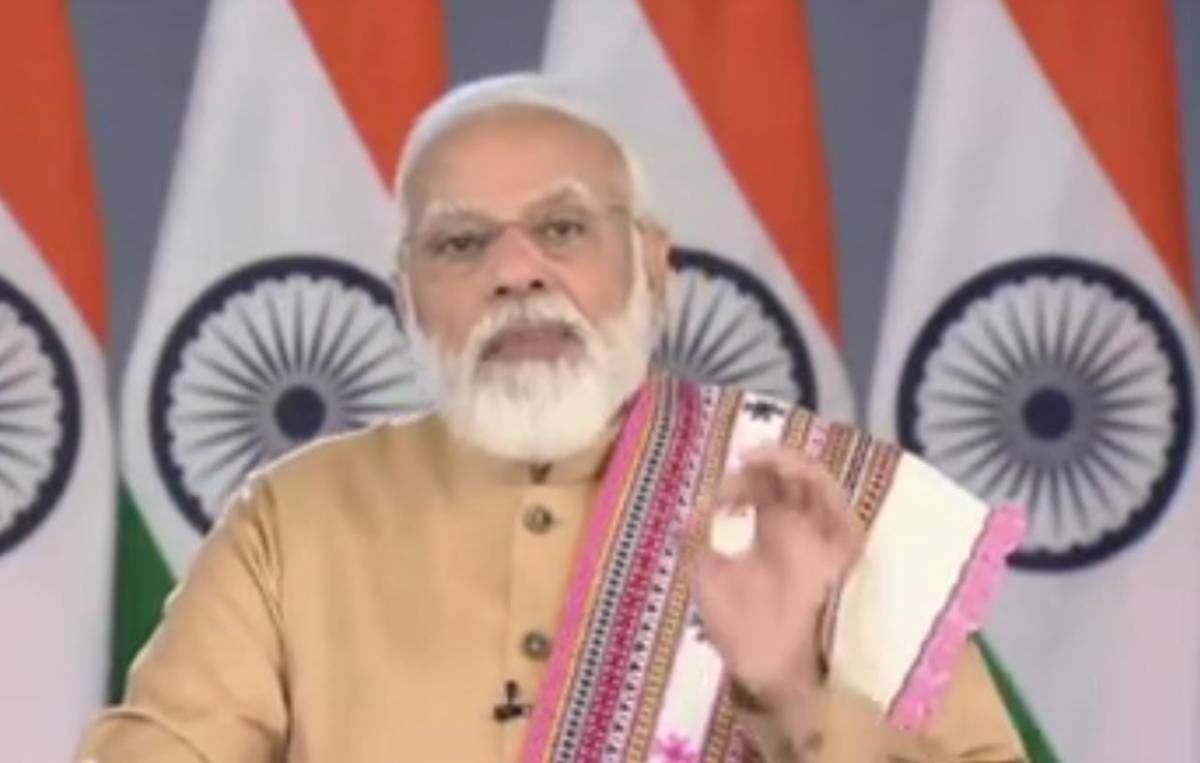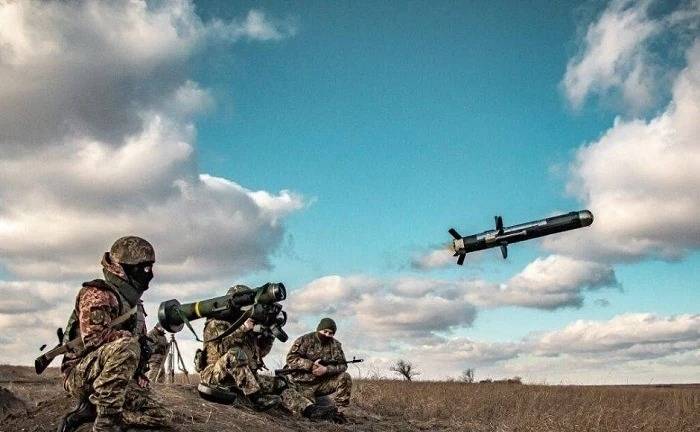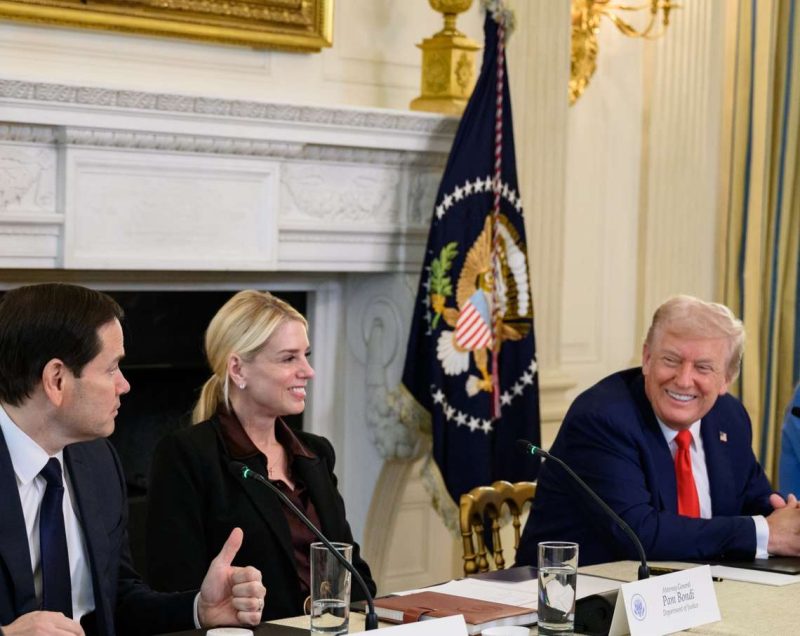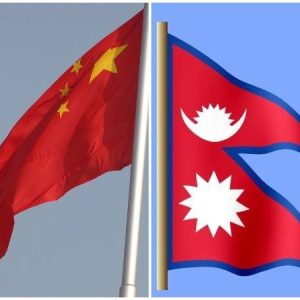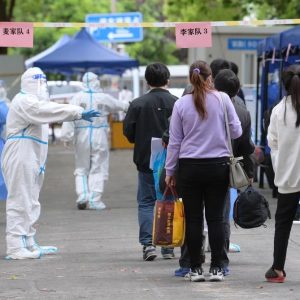In the Xi-Putin joint statement, much was made of any country’s moves towards security not impinging on those of other countries. This when every day the security interests of India and several members of ASEAN are under threat by the actions of Beijing, writes Prof. Madhav Nalapat

Recent actions of the Atlantic Alliance, which construct has once again become the centrepiece of US policy and been embraced by President Biden after effectively downgrading the Indo-Pacific Alliance, have given two choices to President Vladimir Putin. The first is to go the way of his predecessors, Mikhail Gorbachev and Boris Yeltsin, who made concession after unilateral concession to demands public and secret from the United States and its European partners. The other is to prevent terminal damage to the Russian economy by further cementing ties with China. CCP General Secretary Xi Jinping is (apparently unlike President Joe Biden) clear about his objectives and what steps are needed stage by stage to achieve them, Xi has eagerly grasped the opportunity to ensure that any US-EU sanctions would in effect have a limited effect on Russia and which would finally bite back the EU and the US in not just economic but in broader geopolitical terms.
More US-EU sanctions would further drive Moscow closer to Beijing. Beyond a point, they may present the risk that Putin would believe that there is no longer any point in waiting for better sense to dawn in Washington, London and other European capitals, and go ahead with military measures designed to remove any threat that a Ukraine that joins NATO would pose. The taking back of the Crimea from Ukraine was only the first step. Others would include the securing of de facto independence by those parts of Ukraine that directly impinge on Russian security interests. In their obsession to make kinetically helpless (at least in the conventional sense) Russia, Bill Clinton and his successors in the White House carried out policies that were demonstrably hostile to the overall Russian interest, especially in matters of global influence and security. Barack Obama found out how potent a threatened Russia could be, when the Kremlin sent aircraft and spetsnaz forces to Syria to ensure that GCC and NATO-backed groups were driven back from taking over the country as they earlier had in Libya.
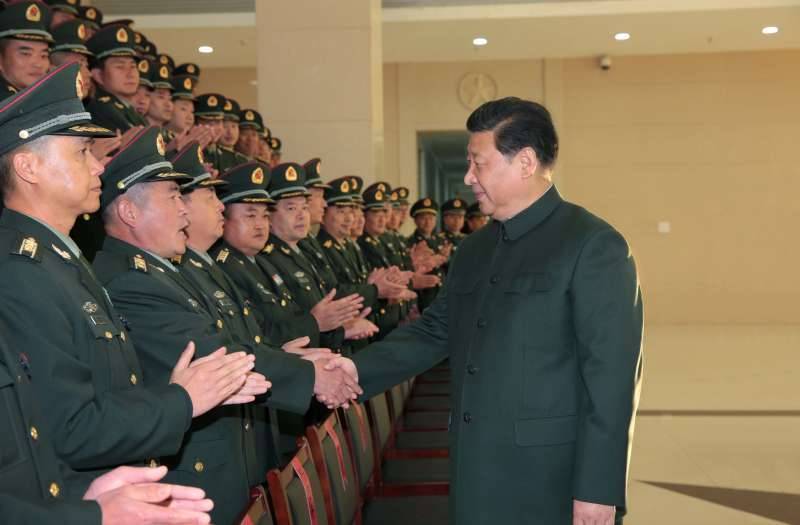
A fortunate outcome for NATO, that it lost the game to Russia and Iran, for only in the regions still kept free by NATO of control by the Kurds and the Assad regime do terrorists breed. It was not accidental that the ISIS chief taken out under President Joe Biden lived in that “free zone”, as it is called by the US and the EU. It is indeed a “free zone”, free for Al Qaeda and ISIS terrorists, that is. Or earlier, when overreach on the part of a Georgian President confident of substantive rather than just verbal US-EU backing led to substantial chunks of its territory being torn away from its control by Russia.
ALSO READ: Argentina officially joins China’s Belt and Road Initiative
Given the present trajectory of global events, it may be that in the next decade at most, Kosovo may be at risk of takeover by a joint Serbian-Russian military operation, on the lines of Crimea. Such an outcome would be contrary to the calculations of the same “experts” who have led Biden into the Sino-Wahhabi trap of shifting US focus back to Russia from China. Such a reversal has consequences for Australia, India and Japan, and when Antony Blinken meets his counterparts from these Quad members soon, perhaps they may be straightforward enough to warn him against Biden’s return to the past.
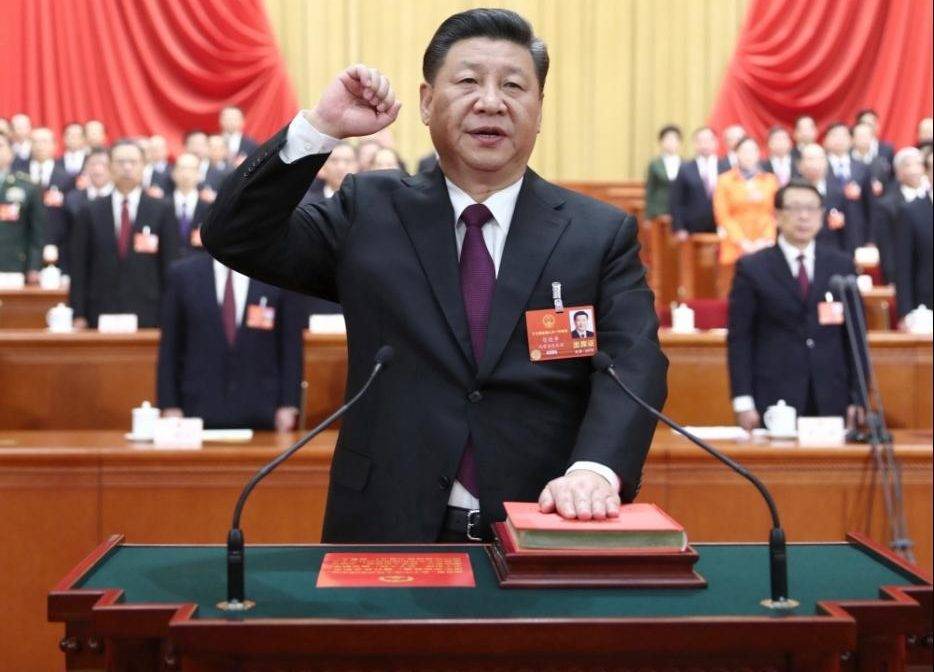
Despite their tough talk of countermeasures and fresh sanctions, not to mention rushing troops to some newer members, will the major powers in NATO take the unprecedented step of actually going to war with Russia ( assisted by its ally, the PRC) not just in Ukraine, but in Latvia, Estonia and Lithuania ? Putin and Xi may decide otherwise. After all, in the 1930s, promises by Paris and London of an immediate and lethal response (including by invading Germany from the west) gave a false sense of security to Poland, giving Warsaw enough confidence to object to a security partnership between Russia, France and the UK that CPSU General Secretary Stalin had understood from the start was necessary to deter another war in Europe on the lines of 1914-19.
ALSO READ: Ready to play mediator between US, China, says Imran
Of course, such logic was beyond the capacity of the leaders of France and Russia to understand, although there were a few such as De Gaulle and Churchill who did. The people of Poland paid a very heavy price for such a miscalculation by their leaders, and those capitals that were once part of the USSR or the Warsaw Pact, but which are now in NATO, need to factor in the extent of willingness of some of their tough talking partners to actually risk a kinetic war on European soil with Russia, unless they themselves were invaded. And Beijing would want that such a conflict should end in humiliation for the Atlantic Alliance even at great cost to Russia. Such an outcome would be far more preferable to Beijing than any humiliation of Moscow, something that envoy after envoy landing in Moscow forgets while suggesting Gorbachev-Yeltsin models of concessions to the Kremlin.
Aware that the possibility of US-EU sanctions is close to zero, no matter how much Russia is helped by the PRC to stay in the contest, the CCP under Xi Jinping Thought has thrived by adopting policies that suit their interests, even those followed by countries that they regard as obstacles to the path to global primacy. Much of what Xi Jinping Thought carries out in practice (although not always in the words made public) by either the CCP General Secretary or his subordinates is almost identical to the path taken during the 20th century by the US to actualise the same objectives as China is seeking for itself in the 21st. “International rules of the game” were what Washington declared them to be, and in the case of any such restriction, the US exempted itself. This is precisely the course followed by Xi, a day ago in the joint statement that was released after the Xi-Putin meeting, who are the leaders of the two most powerful Eurasian powers, Russia and China.
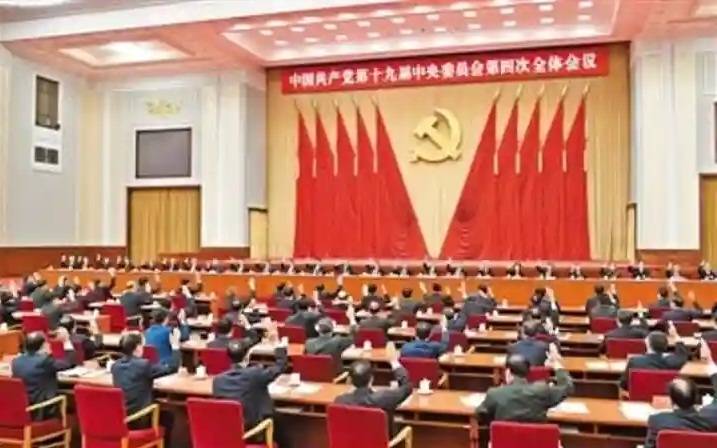
Much was made that any country’s moves towards security not impinging on those of other countries. This when every day, the security interests of India and several members of ASEAN are under threat by the actions of Beijing, while all the while, the claim gets made that “every action (including by the PLA) is intended only for China’s own security”. The CCP is in essence a Han party, which is why the founder of the PRC, Chairman Mao Zedong, backed away from any kinetic action other than token steps against Taiwan throughout his tenure. While Mao’s three immediate successors as CCP bosses continued with the policy of not giving emphasis to the Big Stick, focusing instead on winning over enough hearts and minds in Taiwan such that there would be a voluntary unification with China. Based on the success that Hong Kong was having under Deng’s “One Country Two Systems”, elements of a “One Country Three Systems” solution were being talked about. Soon after coming to power in 2012, Xi abandoned the policy of “One Country Two Systems for the next fifty years”, much to the shock of those in Hong Kong such as Jimmy Lai, who sought greater freedom from CCP modes of governance than had been the case since 1997.
In Xi Jinping Thought, there is “One Country, One System”, thereby leaving no scope for anything other than kinetic methods in any effort at capturing Taiwan. This would be a battle of Han versus Han, given that the overwhelming majority of the Taiwanese population is Han, as is the case with the majority of the population of Singapore, both countries that are far ahead of China in per capita terms. Such a superiority in economic achievement goes contrary to Xi Jinping Thought, which holds that the only system of governance suited to the Han people is that followed under his direction in China. As for “mutual respect and non-interference” in matters relating to foreign countries, the less said about actual practice the better.
International rules of the game were in the past laid down by Washington. Today, they are being increasingly prescribed by Beijing. India refused to accept as a given the first set of rules, and will not accept the second. In the case of first the US and now China, rules that are meant to be followed only by others and never by themselves. Lessons have been learnt by PM Modi and EAM Jaishankar from the behaviour of the PRC not only since 2017 but since the 1950s. This was the period when Aksai Chin was taken over. The failure of earlier governments to act resulted in great cost in territory and in other ways to India, a fate that the government is eager not to replicate.


